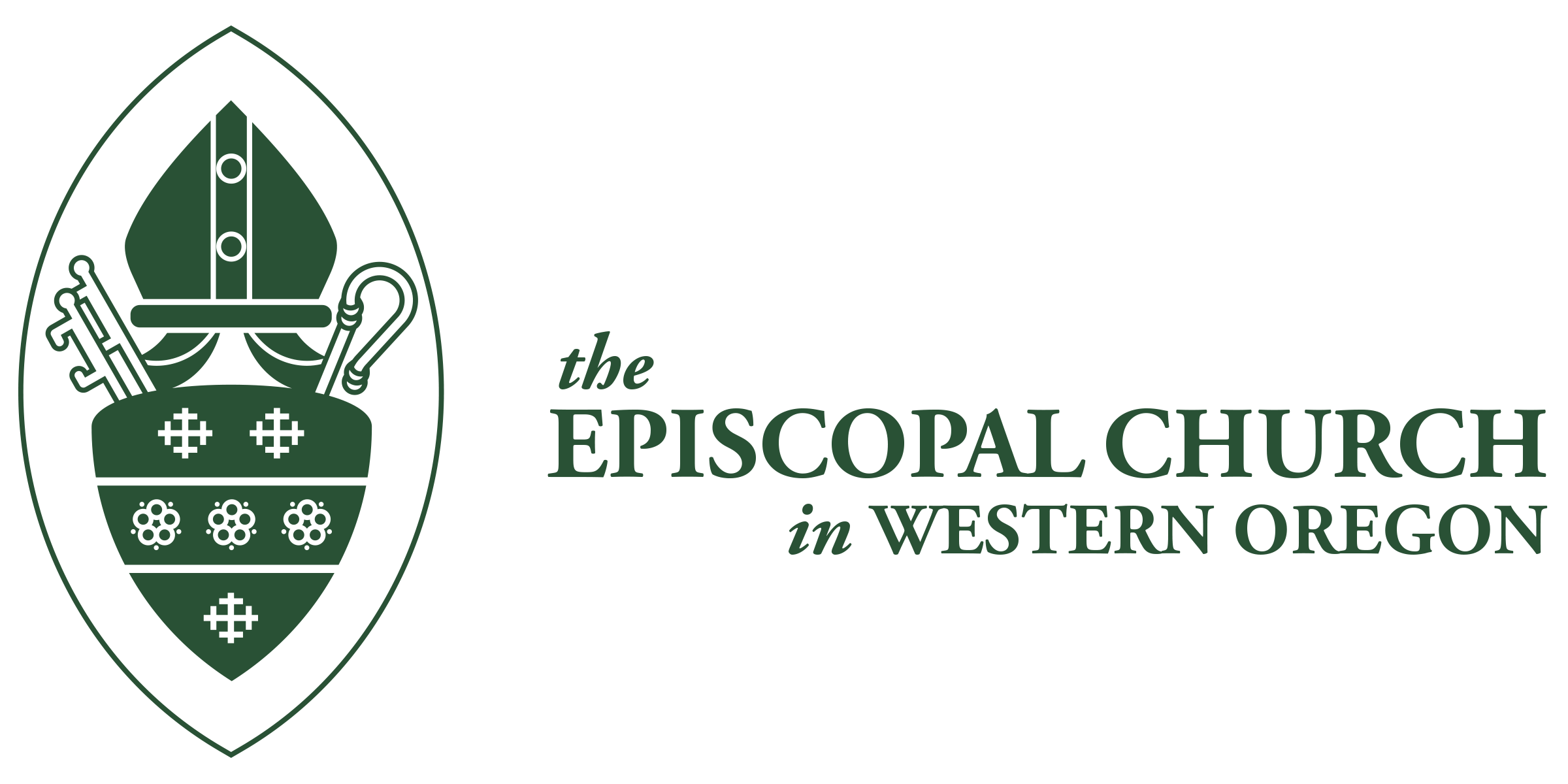Dear Friends in Christ,
I have a confession. In the early days of the pandemic shut-down, someone sent to me (hoping to embolden and reassure) the words of Julian of Norwich: “All shall be well and all manner of things shall be well.” My immediate thought was, “Oh, please. You obviously don’t know what we’re going through.” As the months dragged on, this quote echoed in the back of my mind. Eventually, it began to make sense. Not because medical science predicted a promising future and not because I had a psychological breakthrough. The quote made sense because I came to my faith senses. I remembered who was in control. It wasn’t me, and it wasn’t any of the people working so hard to control the virus. The only one I knew who was in full control was God. And the kind of control God has is, ultimately, a mystery. I find this to be deeply reassuring and grounding.
We have now been informed that the pandemic is officially over. People are still becoming infected by the covid virus, and we are all experiencing residual effects – and probably will for years to come. Yet, the news that the entire world is no longer on alert over the virus is an enormous shift in our reality.
I am wondering now about the spiritual residual effects of the pandemic. What do we know about ourselves as followers of Jesus that we did not know before the pandemic? What do we know now about our relationship with God that deepens or expands our understanding? How has our response to the pandemic affected our faith practices?
The author Cole Arthur Riley invites us to experience our lived reality as an ongoing revelation of God’s mysterious presence. “Awe is not a lens through which to see the world but our sole path to seeing. Any other lens is not a lens but a veil. And I’ve come to believe that our beholding—seeing the veils of this world peeled back again and again, if only for a moment—is no small form of salvation.”
A number of times during the pandemic, I observed that we would not fully comprehend what we were going through until we had distance from the experience. I predicted that researchers and scholars would be mining this period in history for years. For Christians, one of the central reflections ought to be on the ways that God was made manifest – deeply known and felt – in the midst of great suffering. The manifestation of God, as we know from the Scriptures, is often an experience of inexplicable awe. The extent to which we see our world through this lens will shape and inform our relationship with God.
If there is one thing we humans fight and resist, it’s being out of control. And if there’s one thing God reveals to us again and again, it’s that we are not in full control. In fact, God did not create us to be in full control. It is not part of the human call to be in ultimate control.
Seeing the world and all its uncontrollable events with a sense of awe changes everything. This is not to suggest that we see through rose-colored glass – as if putting a cheerful face on things will actually transform a devastating truth. Rather, we are called to engage our world with awe. I do believe that we were created for awe. We are created to live into our call to not be the center of the universe, but as stewards and collaborators – as God’s chosen to serve others while standing in awe and wonder as God’s love is revealed in the most unpredictable ways. Our faith forms us and calls us to embrace our limitations and, therefore, to be unfettered – free to walk with one another in all states of grace toward a life that heals, comforts, and connects us to the source of all being.
The pandemic is over, and for that, we are grateful. Even more true is what we know, by faith, on this side of the pandemic. God has never failed us, never left us, and in fact, has been with us even in the hardest and most isolated times. The truest way to know this is in each moment, however fleeting, that we were able to focus differently, allowing a sense of awe to anchor our hearts to God.
Blessings,
+Diana
